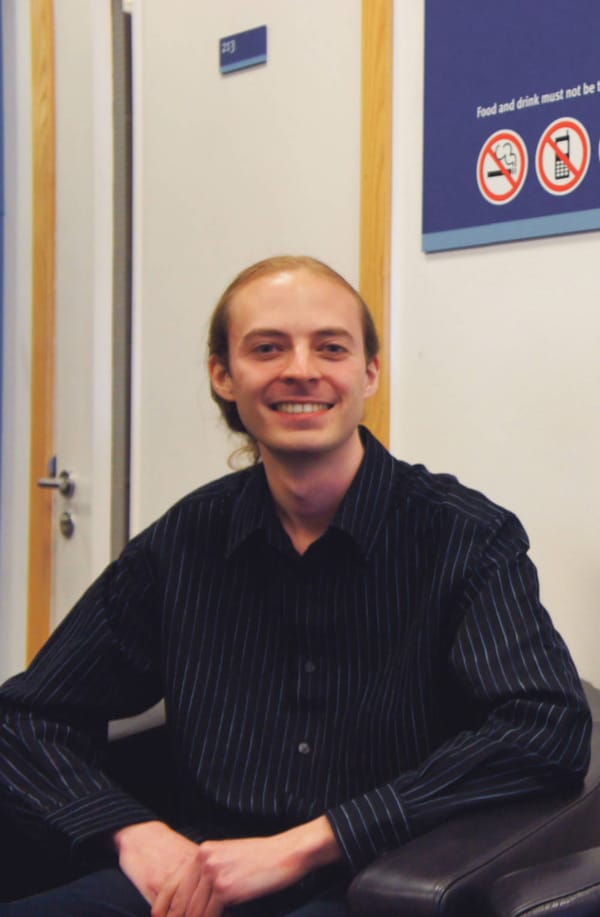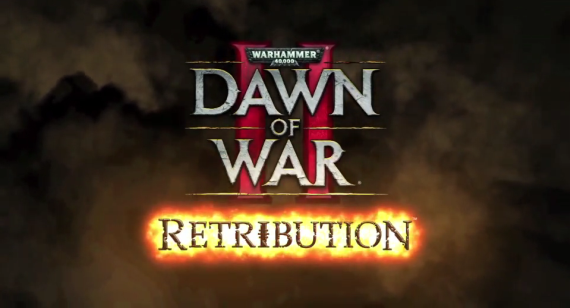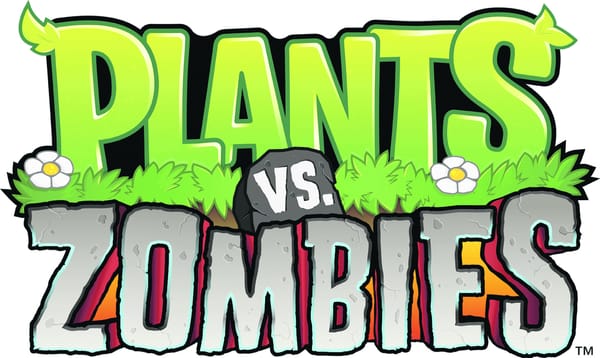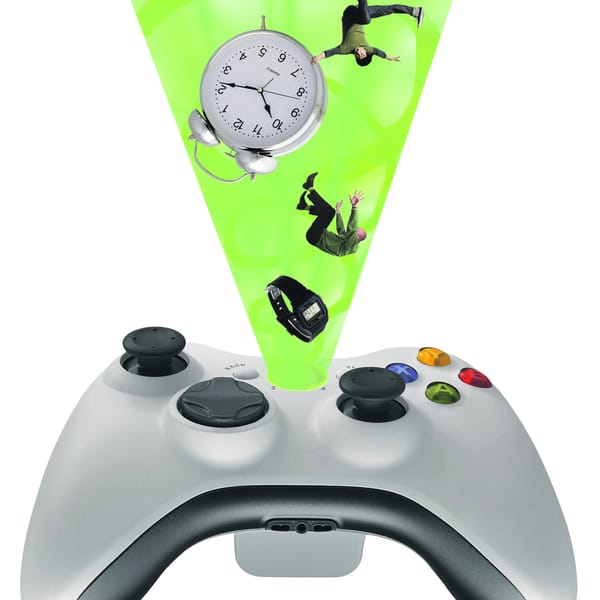GaME 2011: James Fairbairn from Media Molecule
Simon Worthington chats to Imperial alumni James Fairbairn about the gaming industry
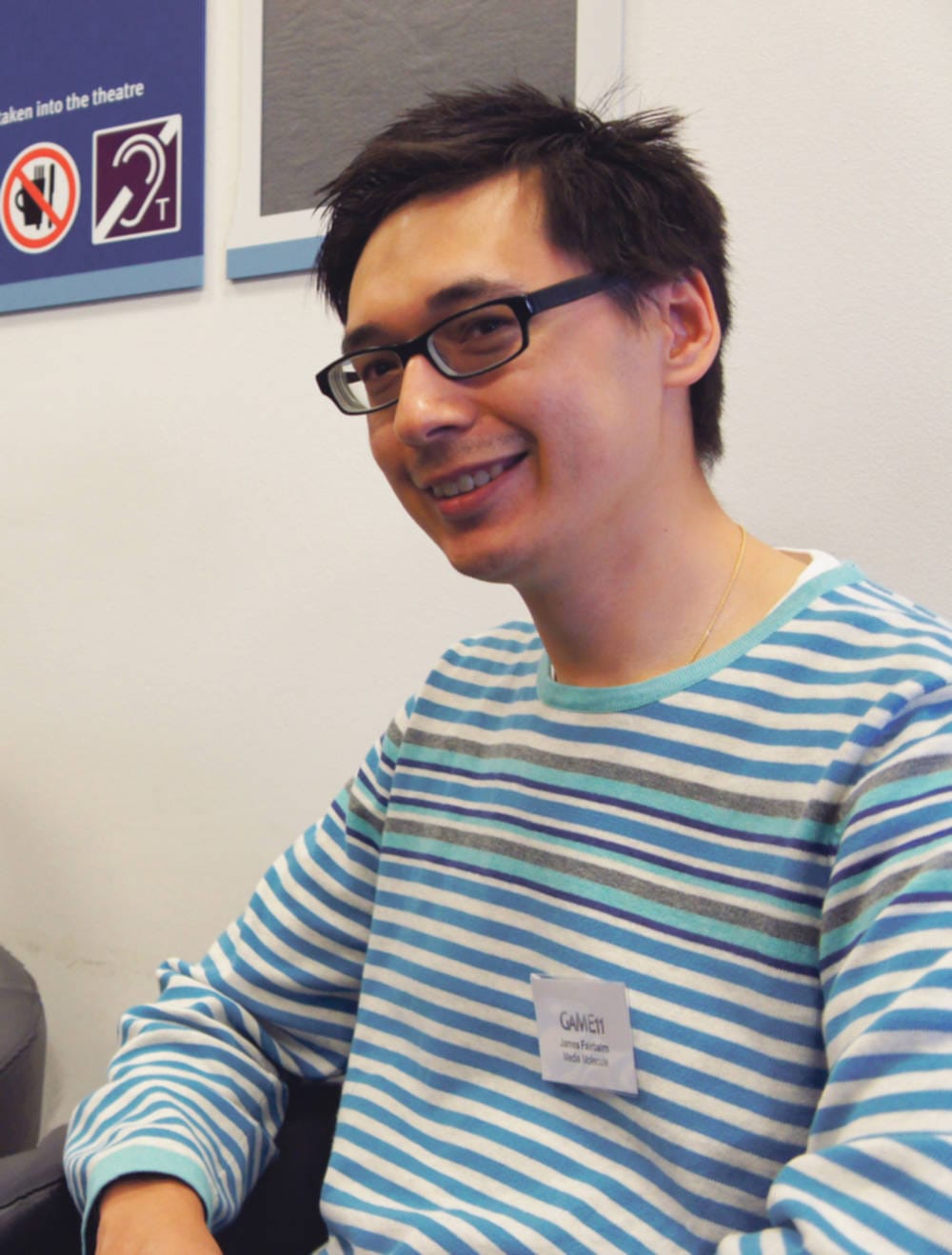
What did you study at Imperial?
I did the BSc in Physics from ‘97 to 2000, although even then I was fiddling with computers a lot more than I was paying attention to my physics course, unfortunately.
So you finished your BSc and then what happened?
So then what happened was I ended up getting a job in a software company that made network management software for financial services companies. I didn’t go straight into the games industry at all, and that wasn’t what I was planning at all. I started out as a Sysadmin, but quickly discovered that programming could help me solve a lot of the problems that I faced as a Sysadmin and I ended up actually heading the programming team at the place I worked.
So your first job got you into programming, but how did you move from general programming into, specifically, games?
Well, actually I got a call from [co-founder of Media Molecule] Alex Evans, who has been a friend of mine for many years, saying that they were looking for a server programmer. For a while I was a little bit reluctant, because I knew the games industry was famous for certain hours and practices and so on and I was quite comfortable in my financial services job. But, when Alex explained what they were making, and the whole concept behind LittleBig Planet, I just had to give it a try and just thought, ‘well, if I can do this then it’ll just be fantastic!’
You mentioned that you initially had quite a lot of preconceptions that it was long hours and not necessarily good pay. Has your view changed? Do you still think it’s long hours and poor pay?
We do sometimes work some long hours but we try to keep that to an absolute minimum. Really, we see that as a sign of poor planning, so it’s not something that we build into the schedule. I have been pleasantly surprised by the [post-release] crunch: at least, with LittleBigPlanet 2 I was pleasantly surprised by the crunch but with LittleBigPlanet we did have quite a nasty crunch period. I think it probably goes with the territory of smaller studios that there’s just less of everything and more to do. So overall, I think my view has changed in the sense that the better you manage your planning, and the better you manage your project, the more you’re able to deliver what you want to deliver in the time available. It’s a kind of discipline – to deliver great stuff in the time available rather than trying to squeeze ever more stuff into ever diminishing time slots.
So now you’re in the games industry, is it where you want to stay?
That’s a very good question. I am really interested in how technology can bring people together, and how technology can enable people to achieve things that they were not necessarily able to achieve before, or that they didn’t even know were possible to achieve. And so in that respect I would love to work in anything where game mechanics apply. Obviously, the first place to look for that is the games industry, but there are more applications of those kind of problems. With this whole emerging trend of ‘gameification’, I think a lot of people are looking to game mechanics now to inject a bit of dynamism into their product experiences. On the other hand, it’s not just about injecting dynamism, it’s about injecting joy - for me - and it’s got to be a genuine attempt to try and make people’s lives more enjoyable, or better, bring people together. So yes, the games industry is one example where that happens a lot, and compared to a lot of the other IT-type professions, there’s a high incidence of that in games.
Now, being a physicist, as I well know, although we do a bit of programming, it’s not really done very rigorously. We do programming to “do stuff”, we don’t really look at the fundamentals. Do you feel that was something that hindered you, or do you think it’s not really an issue?
No, I think the usual canard that’s used is: in computer science things are done rigorously and in industry programming is just used to solve problems, to “do stuff” as you said. In that sense, the kind of programming that I learnt during my physics degree was the same kind of level of pragmatism: just “get stuff done”. On the other hand, there are certain things that happen in professional programming that don’t happen very much in either the sciences or in computer science. That’s things like how software teams work together as teams, how you plan stuff, how you deliver stuff on time, how you make sure that a build from three years ago is still build-able, if you check it out from source control - oh, did I mention, you should probably use source control? You know, all these kind of things, which I think computer science departments are now sort of adding to their arsenal of skills to know about when you go into the industry. But certainly when I was here, in computing there was a lot more emphasis on the theoretical aspects, which actually come up very little in most programming jobs.
You said you worked in the financial services industry. A lot of people at Imperial are quite focused on finance; they’re trying to get the big money and the big status. Now that you’re not in that industry, do you wish that you were, or do you think that you’ve moved to a better place?
I wouldn’t go back unless I felt that what I was doing was changing stuff for the better. I’m in some sense privileged to have seen the precursor to the 2008 credit crunch, and I actually worked on a project to help a bank trade more mortgage-backed securities and derivative products thereof, in America in summer 2007. At the time people were saying: “you don’t know how it works, but trust us, it works”. So having been there and realising that no-one really knows how it all works, I would have to feel like I was improving the lives of people rather than treating quality of life as an externality for other people to worry about.
Obviously LittleBigPlanet is now a huge phenomenon. What does it feel like to look at that and say: “yeah, I helped that become what it is”?
I’m really proud of what we’ve achieved. I think none of us really knew how successful it was going to be when we launched. I think it’s just amazing what people have done with LittleBigPlanet. It just gives me great sense of pride, really. It also scares me a bit that when we go on to do something else everything’s going to be compared to LittleBig Planet, obviously. The old second-album syndrome! But it’s just great to have been there at that time and to have gone through that whole process; really, it was an honour.
Is there anything that you feel happened at Imperial, or anything about Imperial specifically, that helped you in your career?
I would say academically, not so much – that’s not Imperial’s fault, it’s more mine for not paying attention. But I would say that being surrounded by brilliant people and the resources to play with stuff really helped to build an inquiring mind. And I felt that when there’s so many people around you, doing such great things, you start to realise that anything’s possible, or what you thought was impossible may not actually be impossible. I don’t know how you’d write that down succinctly, but it’s sort of the sense of opportunity and of things being achievable – problems are tractable.
If you had one tip for someone at Imperial wanting to get into the games industry, what would it be?
Make games, or make things to do with games, or talk to people in games, or play games, or – sorry, one tip? Do what you love, and get it in front of people – that’s still two tips!

